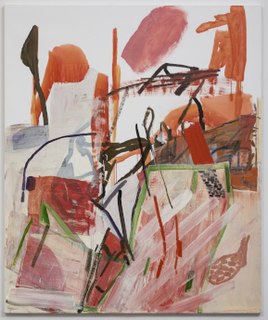A Quote by Christopher Love
Pour not on the comforts you want, but upon the mercies you have. Look rather at God's ending in afflicting, than to the measure and degree of your affliction.
Related Quotes
I learned to look more upon the bright side of my condition, and less upon the dark side, and to consider what I enjoyed, rather than what I wanted : and this gave me sometimes such secret comforts, that I cannot express them ; and which I take notice of here, to put those discontented people in mind of it, who cannot enjoy comfortably what God has given them, because they see and covet something that he has not given them. All our discontents about what we want appeared to me to spring from the want of thankfulness for what we have.
Christians ought to suspect that affliction is the very essence of creation. To be a created thing is not necessarily to be afflicted, but it is necessarily to be exposed to affliction. ... Affliction is the surest sign that God wishes to be loved by us; it is the most precious evidence of His tenderness.
The present moment is always full of infinite treasure. It contains far more than you can possibly grasp. Faith is the measure of its riches: what you find in the present moment is according to the measure of your faith. Love also is the measure: the more the heart loves, the more it rejoices in what God provides. The will of God presents itself at each moment like an immense ocean that the desire of your heart cannot empty; yet you will drink from that ocean according to your faith and love.
I want to expand the question of when something is done. I want to vex the ending. I want to mess around with that. I like the idea that if you make a work that has no clear ending, then you must play with the ending. Because if you don't, you're not highlighting the weird, lovely openness of abstraction.



































